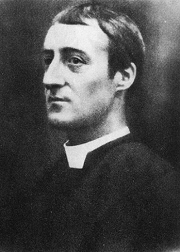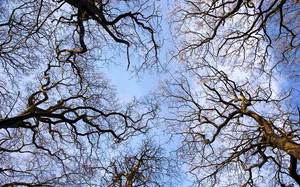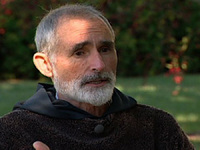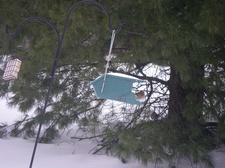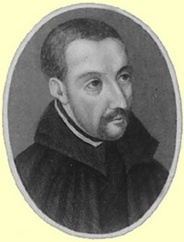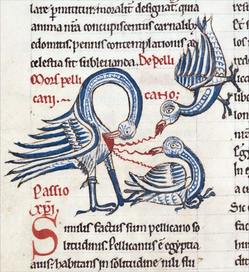
PELICANUS is the word for a certain breed of bird
Who truly is a crane;
Egypt is his domain.
There are two kinds there-of;
Near to the Nile they live;
One of them dwells in the flood, the fishes are his food;
The other lives in the isles on lizards, crocodiles,
Serpents and stinking creatures, and beasts of evil nature.
In Greek his title was Onocrotalos, which is longum rostrum,
Said in the Latin tongue instead,
Or long break in our own.
Of this bird it is known that when he comes to his young,
They being grown and strong,
And does them kindly things,
And covers them with his wings.
The little birds begin fiercely to peck at him;
They tear at him and try to blind their father’s eye.
He falls upon them then and stays them with great pain,
Then goes away for a spell, leaving them where they fell.
On the third day he returns, and thereupon he mourns,
Feeling so strong a woe to see the small birds so
That he strikes his breast with his beak until the blood shall leak.
And when the coursing blood spatters his lifeless brood,
Such virtue does it have
That once again they live.
Know that this pelican signifies Mary’s Son:
The little birds are men restored to life again by that dear blood
Shed for us by our God.
Now learn one morning more, revealed by holy lore:
Know why the small birds try to peck thie father’s eye,
Who turns on them in wrath and puts them all to death.
Men who deny the light would blind God’s blazing sight,
But on such people all His punishment will fall.
This is the meaning I find:
Now bear it well in mind.
— from an Anglo-Norman Bestiary of 1120 by Philippe de Thaun;
this version from “Things of this World” by Richard Wilbur
 Nearly every morning
Nearly every morning